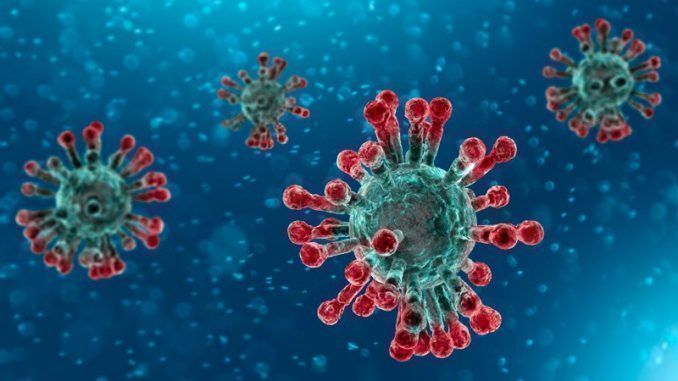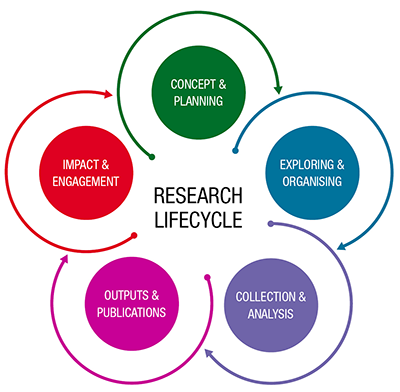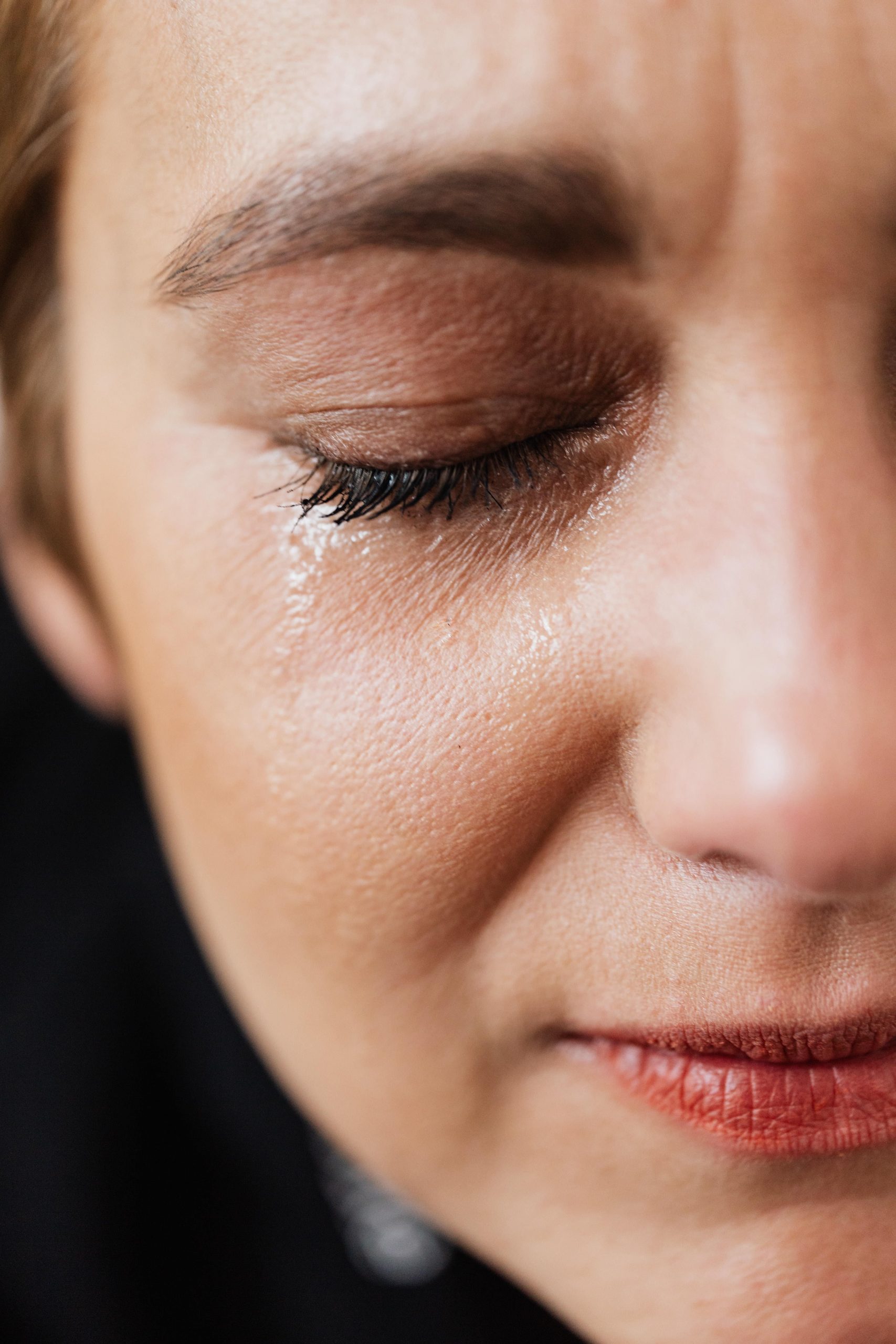Coronavirus, vaccine trials on mice begin
“We have started the trial on mice and will have the first results around the end of April”. Letting the Dire agency know is Luigi Aurisicchio, founder and CEO of Takis, the Italian biotech company based in the Tecnopolo of Castel Romano that, after the green light from the Ministry of Health and the Istituto Superiore della Sanita’ has started preclinical testing of 5 vaccines against Coronavirus.
Human trials could start as early as’fall
“Experimentation on humans could start as early as’this fall” continues Aurisicchio, a 49-year-old biologist from Naples but “emigrant” as he jokingly says, quoting Massimo Troisi.
“At least that’s what we hope, while if we want to be pessimistic, I think at most around the end of the year or beginning of the
new”. But when you started with the experiments? “Jan. 22 – replies the’ad of Takis, in which about 25 work
employees, mostly’ researchers– just a few days the publication, by the Chinese, of the Dna sequence of the
Covid-19. We have experience in the field of oncology, but when the virus sequence came out we started to
work on it on our own initiative, making it available to us, without any kind of funding”.
So far, Aurisicchio points out, his company has spent ’around 70 thousand euros, for the whole part concerning molecular design and that of the first studies in animals, but the next phase will’be much more expensive. For this – he stresses – we are looking for European calls for proposals, recently one came out from the Ministry of Health in which, however, we cannot participate because it’ is’ intended only for IRCCSs. We will then try, as we have already done, to collaborate with some public institute.
Then we started a crowdfunding initiative: for the moment we have raised around 40 thousand euros, but we need to get to around 2 million, so it’s a long way to go”.
Asked how they came to develop the tests
Asked how they came to develop tests for Coronavirus vaccines, the founder of the Castel Romano-based company replied: “The vaccines are computer-built and are obtained by cloning a fragment of the Coronavirus’genetic information in the circular strands of DNA found in bacteria.
This causes the formation of antibodies against the Spike protein, which is found on the surface of Coronaviruses, and is’ the main weapon with which the virus attacks human respiratory cells”.
The Spike, the biologist continues, for those who “have in mind the three-dimensional model of Covid-19, is’the one ‘tip’ that comes out of the
membrane, a kind of hook that binds to the cells of our lung. Then our ultimate goal is’to create antibodies that block Spike, because’that way the virus cannot’enter the lung anymore”.
Once the various steps of the trial are accomplished, we will therefore begin with a phase 1 study in humans, initially “on a relatively small number of patients-explains Aurisicchio– to verify that the vaccine will give an immune response against Covid-19 and above all that it is safe, that it will not give any kind of side effect. Then more studies are done, on a larger scale, and then we get to the commercial stage. This process tends to take a long time, but today the regulatory agencies, it’s important to say, are trying to speed it up a lot.
If before such a process took as long as ten years, in short, now it will take’probably 18 months”.
According to her, it’s going to be difficult to find people willing to be tested?
Not at all. A lot of people are already proposing- replies Takis’ad for Takis – our e-mail inbox is bombarded with messages from people who want to get vaccinated, to which we are forced to reply that the vaccine is not ready yet and that we cannot give it to them, because we’ve got to do a series of studies. People of all ages write to us, from the elderly to the young, who perhaps have young children and are frightened.
This I must say is so striking to me”.
Finally, around the world, there are “some 40 companies, Chinese, European, American and Israeli, that are working not only on vaccines, but also on the development of other molecules, or rather therapeutics”. It is a healthy competition to see who comes first? “It’s not a competition, that’s the good thing, there’s’collaboration- answers Takis’ad to Dire – Obviously it’s a ‘competition’ for the big pharmaceutical companies, because’whoever gets there first will get a bigger slice of the market. But what I’m seeing instead is that between the various researchers internationally there’s a continuous exchange of information. So much so that we are participating in some meetings organized by the World Health Organization’ and during the meetings – concluded Aurisicchio – everyone tells what they are doing and the results they have obtained.
In short – concluded Aurisicchio – there is a lot of confrontation”.


